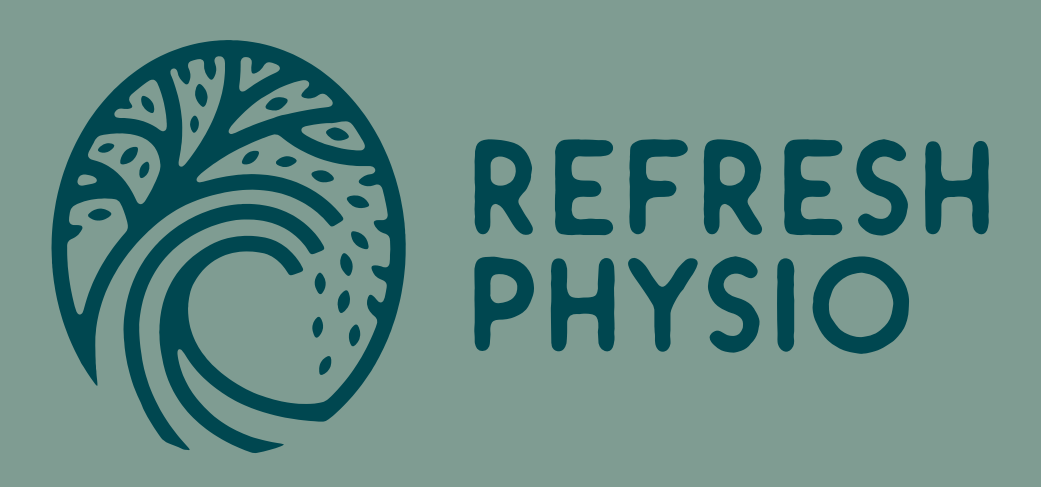Women’s Health and Pelvic Health

Pelvic Heath Physiotherapy
Pelvic Health physiotherapy addresses a wide range of disorders affecting the pelvic floor, bladder and bowel, as well as inflammatory conditions.
Our Expert: Issy
Issy, our specialist in Women’s Health, completed her undergraduate degree in Physiotherapy in 2014 and earned a Master’s degree in Clinical Physiotherapy in Continence and Pelvic Health at Curtin University in 2022. She was awarded the credential of APA Titled Women's, Men's and Pelvic Health Physiotherapist in 2025. Learn More.
Bladder Conditions
Did you know that 1 in 2 women experience urinary incontinence? Pelvic Health Physiotherapy can help manage various bladder conditions, including overactive bladder disorder, urinary incontinence, urinary frequency issues (day and night), and difficulty emptying the bladder.
Our Physiotherapist conducts a thorough subjective examination, reviewing your normal bladder and bowel habits, as well as your fluid intake. This is followed by a detailed objective assessment, which may include a real-time ultrasound or a digital vaginal exam to evaluate the strength and function of your pelvic floor.
We collaborate closely with your GP to rule out any infection-related factors. Once a diagnosis is made, we create an individualised treatment plan focusing on bladder and fluid habits, along with pelvic floor rehabilitation, which we will progress throughout your treatment.
Bowel Conditions
Let's just start by saying you are not alone!
Half the world does not know how to poo well!
Many people can suffer bowel disorders that are due to a lack of pelvic floor strength such as incontinence or transit issues leading to IBS or constipation.
This is helped with a subjective assessment and objective assessment looking at the function of the pelvic floor and anus as well as a detailed understanding of fiber and fluid intake.
Also a program for pelvic floor strengthening or relaxation may be required to help.
Pelvic Organ Prolapse
Pelvic organ prolapse is common and 50% of women who go through pregnancy will experience prolapse.
This can feel like a dragging sensation or heaviness as well as a bulging noted outside the vagina.
Pelvic floor physiotherapy has been thoroughly researched and demonstrated to be the first line of management for a progressive 6 month strengthening program, with its minimal side effects. When the pressure or pain of the prolapse is getting too much and you need immediate help, pessaries are a line of management that can be used to insert and support within the vaginal walls.
VAGINAL PESSARY FOR PROLAPSE - Printable resource
Pain with intercourse
Pain is experienced in 1 out of 3 women during intercourse and is known as dyspareunia.
This is extremely common during the early postnatal periods as well as menopause due to the changes of hormones.
Dyspareunia can be also known as vaginismus, due to a tightening of the pelvic floor muscles not allowing penetration or provoked vestibulodynia, which is pain anywhere around the vulva or opening of the vagina, making insertion extremely painful.
Our physio will understand there are many contributing factors that lead towards an experience of dyspareunia and will work with you in creating a management plan, which you feel safe with.
Antenatal Physiotherapy
There are many changes to your body during this period, you may feel like a bloated painful emotional wreck that has no idea what exercise or stretches are safe.
There is so much education that supports fear mongering in pregnant women.
We want to make you feel strong and confident throughout your pregnancy, which will come with lots of education as well as exercise prescription.
We also have access to support braces to help in pregnancy related pelvic or lower back pain.
Postnatal Physiotherapy
It is highly recommended to attend a 6 week pelvic floor review after you have given birth where our physio will review your abdominal muscles and pelvic floor strength and address any issues of pain or weakness.
Together your physio and you will devise a plan to return to your old exercise routine with a pelvic floor and abdominal rehabilitation program.
We are lucky enough at refresh physiotherapy to have access to a therapeutic ultrasound machine which can help with early perineal pain post vaginal birth as well as the management of blocked ducts or mastitis, as breastfeeding can also be quite a challenge!
Please remember we are here to help and happy to answer any questions.







